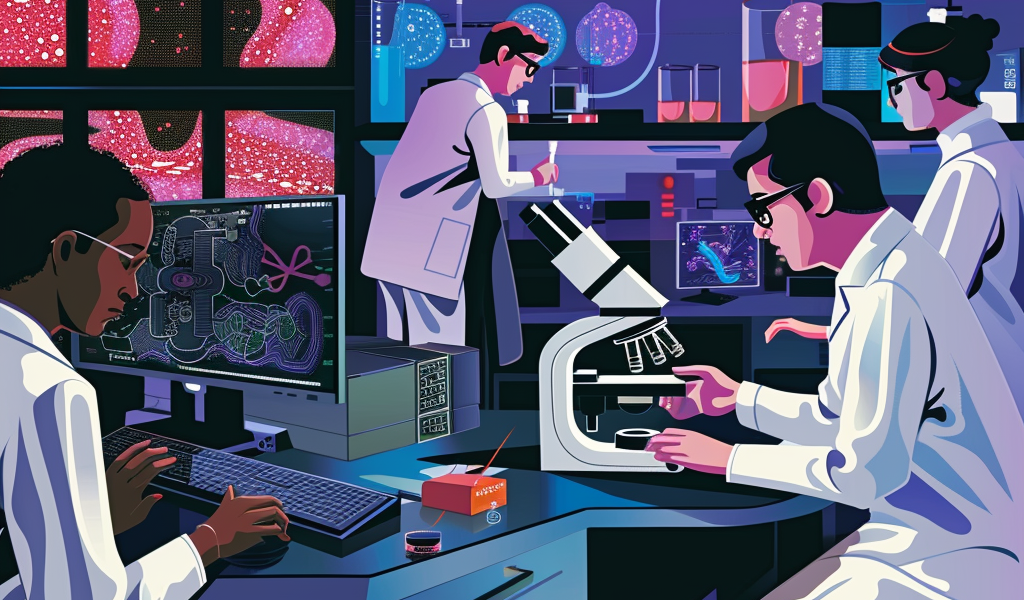Enzyme Checkpoint Identified in Tumor-Associated Macrophages
A recent study by a scientific team from the University of Vienna and the MedUni Vienna has identified an enzyme, phosphoglycerate dehydrogenase (PHGDH), as a metabolic checkpoint in the function of tumor-associated macrophages (TAMs), affecting tumor growth. The findings, published in Cellular & Molecular Immunology, suggest that targeting PHGDH could be a new approach in cancer treatment, potentially improving the effectiveness of clinical immunotherapies.
Macrophages play a crucial role in the immune system’s fight against cancer cells. Tumor-associated macrophages (TAMs) are abundant in the tumor microenvironment, arising from tissue-resident immune cells that infiltrate the tumor and differentiate in response to various messenger substances.
TAMs have been paradoxically considered tumor-promoting overall, as they suppress the immune response, promote tumor vascularization, and increase resistance to drug therapies. This has led to poor prognoses for affected patients, with previous attempts to influence TAMs yielding limited responses in many patients.
Wolfram Weckwerth, a systems biologist and biochemist from the University of Vienna and the study’s last author, explained the innovative methods used in the research. By applying AI and machine learning, the team was able to diagnose metabolic markers and identify checkpoints, leading to the discovery of the metabolic checkpoint in macrophage polarization.
The ‘COVRECON strategy,’ developed by the team, combines techniques from biochemistry, genetics, and metabolomics with principles of mathematical control theory and dynamical systems analysis to gain insights into cellular metabolic processes. This approach utilizes concepts of artificial intelligence typically used in control engineering, applied in biology, ecology, and medicine to enhance understanding of metabolic processes in cells.





